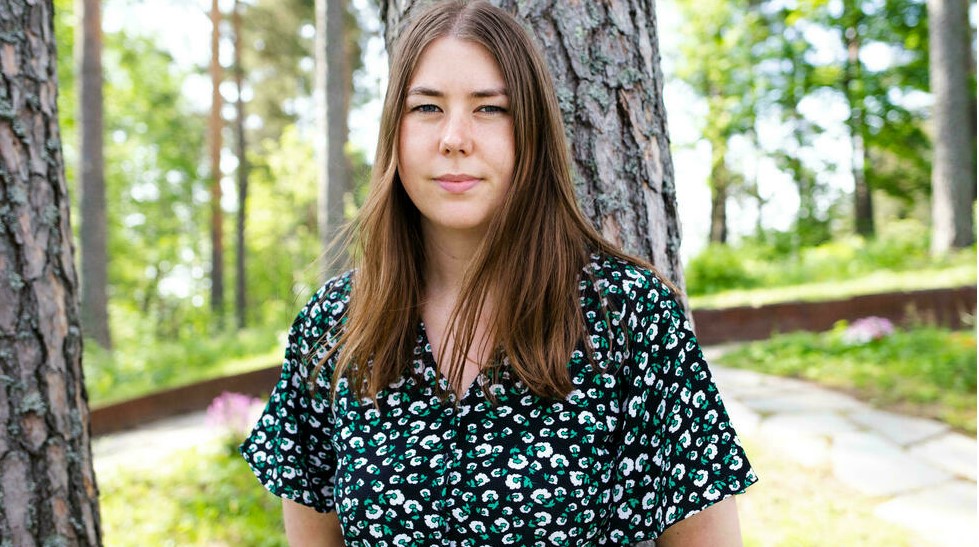Ten years after right-wing extremist Anders Behring Breivik carried out twin attacks in Norway, NATO chief Jens Stoltenberg, who was then the country's prime minister, warned that the hatred was "still present".
The former Labour Party prime minister had distinguished himself by promising "more democracy" and "more humanity" in response to the attacks that killed 77 people on July 22, 2011.
Breivik first set off a bomb in Oslo next to the building that housed the office of the prime minister, but Stoltenberg was not there at the time.
The blast killed eight people and Breivik then went on a shooting spree at a summer camp for left-wing youths on the island of Utoya, killing another 69 -- most of them teenagers.
-Ten years ago, we met hatred with love- Stoltenberg said in a speech Thursday.
-But the hatred is still present- he added.
Stoltenberg noted that just this week vandals scrawled "Breivik was right" on a memorial for Benjamin Hermansen, who was killed by neo-Nazis in 2001 in what was billed as Norway's "first racist crime".
He also brought up the attempted attack on a mosque near Oslo in 2019, and the threats still received by Utoya survivors.
In 2012, Breivik was sentenced to 21 years in prison. His sentence can be extended indefinitely and the extremist, now 42, will likely spend the rest of his life behind bars.
Breivik blamed his victims for fostering a multiculturalism that he abhorred, and outlined his ideology in a 1,500-page anti-immigration manifesto.
"He grew up in our neighbourhood, believed in the same God, and had the same skin color as the majority in this country. He was one of us," Stoltenberg said.
"But he is not one of us, who are respectful of democracy. He is one of them. Who believe they have the right to kill to achieve their political goals," he added, saying it did "not matter if they place themselves on the right or left side of the political spectrum, calling themselves Christians or Muslims."
"They have more in common with each other than they have with any of us who follow the rules of democracy," Stoltenberg stressed.
Norway has planned several ceremonies to honour the 77 victims of the bloodiest attack in its post-war history.
